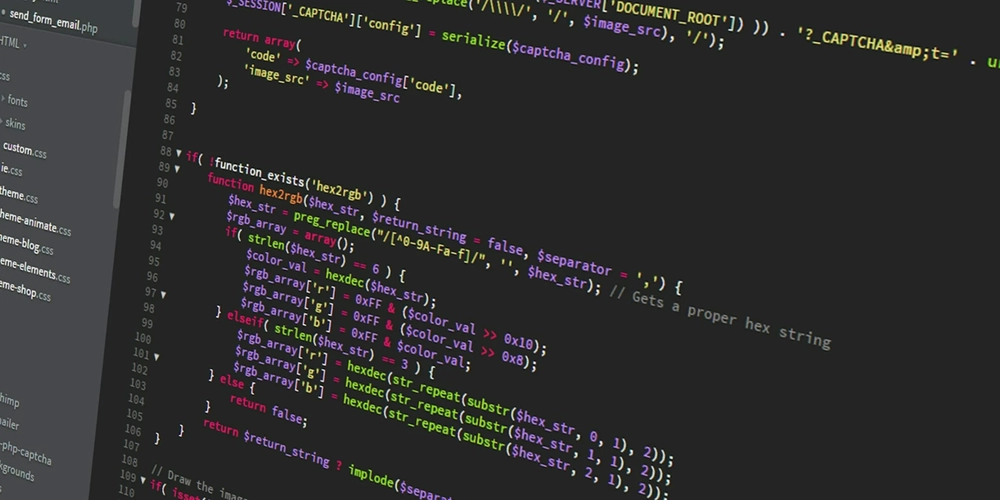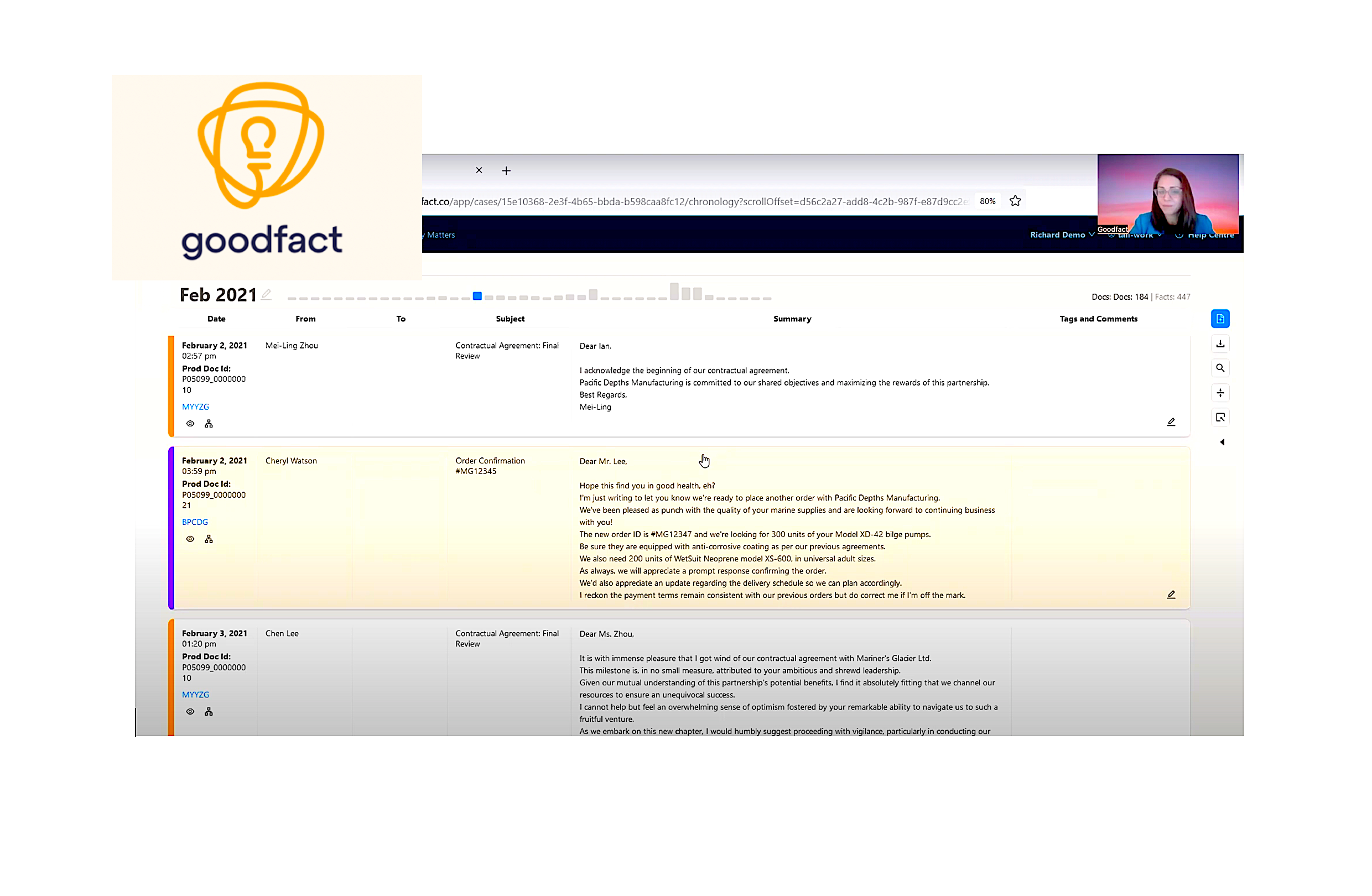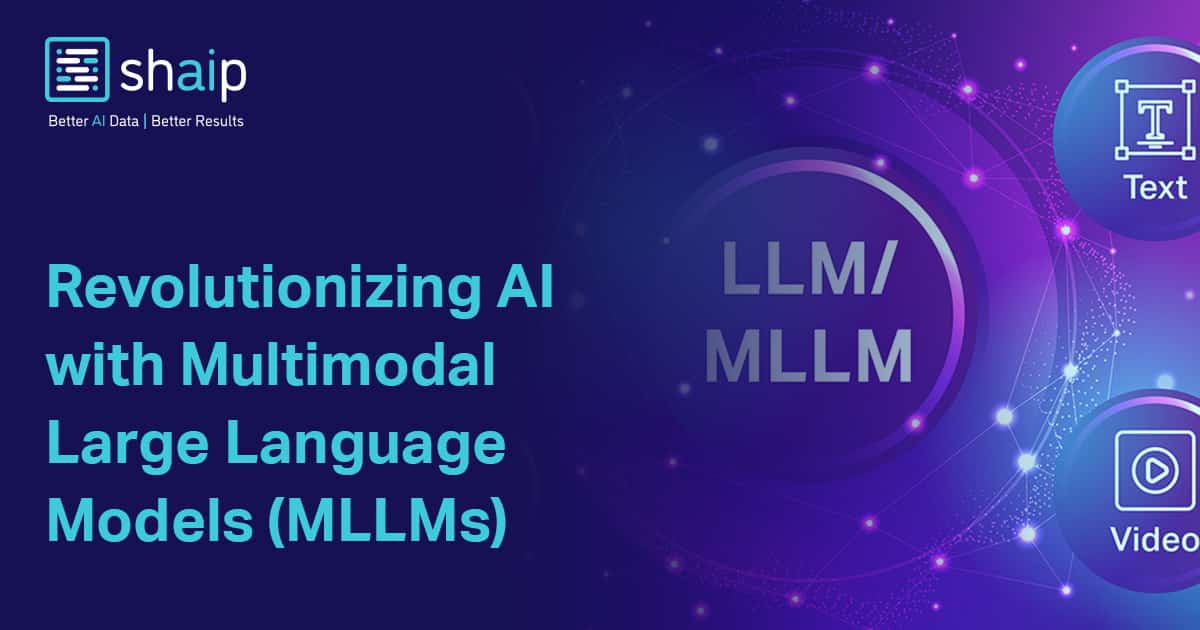The Role of Quantum Computing in Software Development: Exploring the Future of Programming
Introduction Quantum computing represents a groundbreaking shift in the world of technology and computing. It introduces entirely new ways of thinking about and solving complex problems that classical computers struggle with. As quantum computing advances, software developers must adapt to this emerging technology. While quantum computing may not yet be a mainstream tool in software development, its potential to revolutionize how we solve computationally intensive problems is immense. This article explores the role of quantum computing in software development, examining its capabilities, current challenges, and the opportunities it presents for the future of programming. What Is Quantum Computing? Before delving into the impact of quantum computing on software development, it's essential to understand what quantum computing is and how it differs from classical computing. Classical computers, which include all current personal computers, smartphones, and servers, rely on bits that represent information as either 0 or 1. These bits are processed using well-established algorithms and circuits. Quantum computers, however, operate based on the principles of quantum mechanics, specifically quantum superposition and entanglement. Instead of bits, quantum computers use quantum bits or qubits. A qubit can represent a 0, a 1, or both simultaneously, thanks to superposition. This ability to perform multiple calculations at once makes quantum computers potentially far more powerful than classical computers for certain tasks. Quantum entanglement allows qubits to be correlated in a way that classical bits cannot, enabling complex computations that would otherwise take classical computers years to complete. While the field of quantum computing is still in its early stages, researchers have already made significant strides, and the implications for software development are becoming clearer. In the future, quantum computing could open up new frontiers for solving problems that are beyond the reach of today's most powerful supercomputers. Quantum Computing's Potential in Software Development Quantum computing promises to unlock new possibilities in the world of software development. As it evolves, it will likely become an essential tool for tackling complex computational problems, particularly those that involve large datasets, optimization, and simulation. Below are some of the key areas where quantum computing is poised to make a substantial impact on software development. 1. Solving Complex Computational Problems One of the most significant advantages of quantum computing is its ability to solve complex optimization problems more efficiently than classical computers. These problems are pervasive in industries such as logistics, finance, supply chain management, and healthcare. For example, optimizing the routing of delivery vehicles in real-time or improving the allocation of resources in a supply chain can be extremely computationally expensive using classical algorithms. Quantum computers can perform these calculations in parallel, significantly reducing the time required to find the best solution. Algorithms like Grover’s algorithm, which provides a quadratic speedup for unstructured search problems, are just one example of how quantum computing can accelerate optimization tasks. This can result in more efficient software applications for businesses and industries where optimization is crucial. Quantum computing also holds promise in improving machine learning algorithms. For instance, quantum machine learning (QML) algorithms may significantly speed up training times for models with massive datasets. By utilizing quantum computing’s parallelism, machine learning models could learn faster and more accurately, making AI systems more effective across various domains, such as healthcare diagnostics, self-driving cars, and natural language processing. 2. Enhancing Simulations and Modeling Quantum computing excels in simulating complex systems, such as molecular interactions, chemical reactions, and physical systems. Classical computers struggle to simulate these phenomena efficiently due to the exponential growth of required computational resources. Quantum computers, however, can simulate these systems in their natural state using qubits, which could lead to breakthroughs in multiple scientific and industrial fields. For software developers working in industries like drug discovery, materials science, or physics, quantum computing opens the door to creating simulations that were previously unimaginable. By accurately modeling chemical reactions at the quantum level, developers could accelerate the discovery of new drugs or materials with specific properties. Similarly, in fields such as weather forecasting or climate modeling, quantum computers could improve the accuracy and speed of simulations, leading to better predictions and more informed decision-mak

Introduction
Quantum computing represents a groundbreaking shift in the world of technology and computing. It introduces entirely new ways of thinking about and solving complex problems that classical computers struggle with. As quantum computing advances, software developers must adapt to this emerging technology. While quantum computing may not yet be a mainstream tool in software development, its potential to revolutionize how we solve computationally intensive problems is immense. This article explores the role of quantum computing in software development, examining its capabilities, current challenges, and the opportunities it presents for the future of programming.
What Is Quantum Computing?
Before delving into the impact of quantum computing on software development, it's essential to understand what quantum computing is and how it differs from classical computing. Classical computers, which include all current personal computers, smartphones, and servers, rely on bits that represent information as either 0 or 1. These bits are processed using well-established algorithms and circuits. Quantum computers, however, operate based on the principles of quantum mechanics, specifically quantum superposition and entanglement.
Instead of bits, quantum computers use quantum bits or qubits. A qubit can represent a 0, a 1, or both simultaneously, thanks to superposition. This ability to perform multiple calculations at once makes quantum computers potentially far more powerful than classical computers for certain tasks. Quantum entanglement allows qubits to be correlated in a way that classical bits cannot, enabling complex computations that would otherwise take classical computers years to complete.
While the field of quantum computing is still in its early stages, researchers have already made significant strides, and the implications for software development are becoming clearer. In the future, quantum computing could open up new frontiers for solving problems that are beyond the reach of today's most powerful supercomputers.
Quantum Computing's Potential in Software Development
Quantum computing promises to unlock new possibilities in the world of software development. As it evolves, it will likely become an essential tool for tackling complex computational problems, particularly those that involve large datasets, optimization, and simulation. Below are some of the key areas where quantum computing is poised to make a substantial impact on software development.
1. Solving Complex Computational Problems
One of the most significant advantages of quantum computing is its ability to solve complex optimization problems more efficiently than classical computers. These problems are pervasive in industries such as logistics, finance, supply chain management, and healthcare. For example, optimizing the routing of delivery vehicles in real-time or improving the allocation of resources in a supply chain can be extremely computationally expensive using classical algorithms.
Quantum computers can perform these calculations in parallel, significantly reducing the time required to find the best solution. Algorithms like Grover’s algorithm, which provides a quadratic speedup for unstructured search problems, are just one example of how quantum computing can accelerate optimization tasks. This can result in more efficient software applications for businesses and industries where optimization is crucial.
Quantum computing also holds promise in improving machine learning algorithms. For instance, quantum machine learning (QML) algorithms may significantly speed up training times for models with massive datasets. By utilizing quantum computing’s parallelism, machine learning models could learn faster and more accurately, making AI systems more effective across various domains, such as healthcare diagnostics, self-driving cars, and natural language processing.
2. Enhancing Simulations and Modeling
Quantum computing excels in simulating complex systems, such as molecular interactions, chemical reactions, and physical systems. Classical computers struggle to simulate these phenomena efficiently due to the exponential growth of required computational resources. Quantum computers, however, can simulate these systems in their natural state using qubits, which could lead to breakthroughs in multiple scientific and industrial fields.
For software developers working in industries like drug discovery, materials science, or physics, quantum computing opens the door to creating simulations that were previously unimaginable. By accurately modeling chemical reactions at the quantum level, developers could accelerate the discovery of new drugs or materials with specific properties. Similarly, in fields such as weather forecasting or climate modeling, quantum computers could improve the accuracy and speed of simulations, leading to better predictions and more informed decision-making.
3. Quantum Algorithms and Software Frameworks
As quantum computers continue to evolve, developers will need to create new algorithms designed to take full advantage of quantum computing's capabilities. Quantum algorithms differ significantly from classical algorithms, which means that software developers will have to learn new approaches to problem-solving. Key quantum algorithms such as Shor’s algorithm for factoring large numbers and Grover’s algorithm for searching unsorted databases are just the tip of the iceberg.
Quantum software frameworks and programming languages are also being developed to make it easier for developers to work with quantum computers. Frameworks like IBM's Qiskit, Microsoft's Quantum Development Kit, and Google's Cirq provide tools for creating quantum programs and simulating them on classical computers. These tools allow developers to write quantum algorithms using familiar programming languages like Python, making the transition from classical to quantum programming smoother.
While quantum computing is still in its infancy, these frameworks are making it easier for software developers to experiment with and develop quantum applications. As the ecosystem grows, developers will have access to more sophisticated tools, libraries, and resources to build robust quantum applications that can solve real-world problems.
4. Quantum-Classical Hybrid Systems
Quantum computing is unlikely to replace classical computing in the near future. Instead, it will likely complement classical systems, creating hybrid computing architectures that leverage the strengths of both. In a hybrid system, quantum computers would be used to perform specific tasks that require quantum speedups, while classical computers handle other parts of the workload. This approach will allow for a smooth integration of quantum computing into existing software ecosystems.
For example, developers may use quantum computers to solve optimization problems or simulate complex systems, while classical computers perform data preprocessing, user interface management, and other routine tasks. The development of quantum-classical hybrid systems requires the creation of new software architectures and frameworks that can seamlessly integrate quantum and classical components. This hybrid model will make quantum computing accessible to developers without requiring them to abandon existing classical systems.
5. Improving Cryptography and Security
Quantum computing has significant implications for cryptography and security, two areas that are crucial for modern software applications. Many of the encryption methods that protect sensitive data, such as RSA and elliptic curve cryptography, rely on the fact that factoring large numbers is computationally infeasible for classical computers. However, quantum computers could break these encryption schemes by running Shor’s algorithm, which can efficiently factor large numbers.
As a result, the development of quantum-resistant encryption methods is a top priority for software developers and cybersecurity experts. Post-quantum cryptography (PQC) is a field of research focused on creating encryption algorithms that are secure even against quantum attacks. Developers will need to adopt these new encryption standards in their software applications to ensure that data remains secure in the quantum era.
Additionally, quantum key distribution (QKD) is a promising method of secure communication that leverages the principles of quantum mechanics to detect eavesdropping. QKD enables two parties to exchange cryptographic keys over an insecure channel with a high level of security. Software developers working on secure communication protocols could integrate QKD into their applications to provide enhanced protection against quantum threats.
6. Quantum Error Correction
Quantum computers are highly sensitive to noise and errors, which can disrupt computations. Unlike classical computers, where errors can be corrected using conventional methods, quantum computers require specialized error correction techniques. Quantum error correction (QEC) is a rapidly advancing field that focuses on developing algorithms and techniques to detect and correct errors in quantum computations.
For software developers working with quantum systems, understanding and implementing QEC protocols will be crucial. As quantum hardware improves, developers will need to integrate these error correction techniques into their applications to ensure the accuracy and reliability of quantum computations. This will be an important area of research and development in the coming years as quantum computing becomes more practical for real-world applications.
Challenges in Quantum Computing for Software Developers
Despite the exciting potential of quantum computing, there are several challenges that developers must contend with. Quantum computers are still in the early stages of development, and many quantum algorithms are not yet mature. The hardware itself is also limited, with issues such as qubit decoherence and noise still posing significant obstacles to reliable quantum computation.
Moreover, there is a steep learning curve associated with quantum programming. Developers must familiarize themselves with quantum mechanics, linear algebra, and quantum circuit design. As quantum computing becomes more widespread, it will be essential for educational institutions and tech companies to provide training and resources to help developers transition to quantum programming.
The Future of Quantum Computing in Software Development
As quantum computing technology matures, it will undoubtedly become a powerful tool for software developers. In the near term, developers will likely use quantum computers for specific tasks, such as optimization and simulation, while classical computers handle other aspects of software systems. Over time, the integration of quantum computing into mainstream software development will become more seamless, leading to new innovations in fields ranging from AI and cryptography to healthcare and materials science.
Quantum computing’s ability to process vast amounts of data and solve problems that are currently intractable for classical computers makes it a transformative technology. Software developers who embrace quantum computing early on will be well-positioned to take advantage of its capabilities and shape the future of computing.
Conclusion
Quantum computing is poised to have a significant impact on the software development landscape. From enhancing machine learning and optimization to revolutionizing cryptography and simulations, quantum computing holds the potential to solve some of the most pressing challenges in today's technology-driven world. However, developers will need to adapt to this new paradigm and develop new tools, algorithms, and hybrid systems that leverage both classical and quantum computing. As the field continues to evolve, quantum computing will undoubtedly play an increasingly important role in shaping the future of software development.
What's Your Reaction?




















/cdn.vox-cdn.com/uploads/chorus_asset/file/25841146/google_face_control_chromeos.png)







